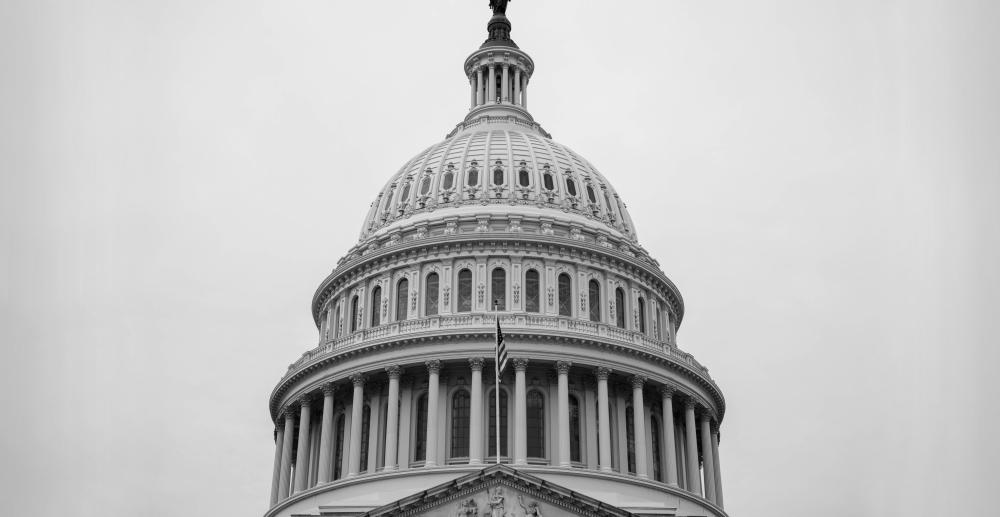International Self-Care Day was July 24. While we discuss self-care this week, let’s look at how it can support your early recovery.
What is self-care?
Self-care is something of a buzzword. I see it on posts encouraging us all to “treat yo’self” to a mocha or manicure, and also on blogs and newsletters from doctors. So what does it actually mean? The National Institute of Mental Health defines self-care as, “taking the time to do things that help you live well and improve both your physical health and mental health.” The World Health Organization says, “Self-care is about empowering people to be active agents in their own healthcare.” Today, let’s talk about what self-care might look like in early recovery.
General self-care practices
There are many self-care strategies that you can do at all stages of recovery and phases of life. These promote physical, mental, and emotional well-being, and just plain make you feel better. If you’re wary of “Just take a walk,” or, “You know what you need? Yoga!” advice, that’s valid. None of these self-care activities is a magic fix, but they can all be helpful. And all the little healthier changes add up.
- Get enough sunshine
- Enjoy plants (houseplants, gardens, or the great outdoors)
- Get a massage
- Drink plenty of water
- Move your body (walking and dancing are popular options)
- Play with a pet or look at cute animal pictures
- Color in a coloring book (they make them for adults, but the ones for kids are also fun)
- Limit social media
- Listen to music that makes you feel good
- Take breaks when you need them
- Stretch your body
- Practice gratitude
- Spend time with loved ones
- Do acts of kindness
Self-care in early recovery
I was a mess when I first got into recovery. I certainly wasn’t practicing healthy self-care—I’d barely even been eating or sleeping toward the end of my drinking. From talking with other people who also have substance use disorders, I know that my experience isn’t unique. So in early recovery, it can be especially important to establish the basics of self-care.
- Lean on your chosen recovery method. Maybe this goes without saying, but your recovery is so important to all other aspects of your physical, mental, and emotional well-being. Whichever treatment option or recovery program you have chosen, give it your full effort. This means if you’re in medication-assisted treatment, work hard to get to every provider appointment, take your meds diligently, and fulfill the requirements of your program. If you’re doing a therapy-based program, be open and honest with your counselor and complete any “homework” they assign. If you’re working a 12-step program, get a sponsor, go to meetings, and actively work on your steps. There are a lot of routes to recovery, but all of them require participation and willingness to be effective.
- Create connections. Meet other people who are also in recovery. They’re not only a great resource, but personal connections and fun interactions boost your emotional well-being. Frankly, hanging out with friends can be self-care. So make friends who are on the same path you are. Click here to read a post about making sober friends.
- Build a recovery toolkit. When I stopped drinking, I didn’t know how to handle my emotions sober. I had to learn new coping tools. There are many, many options, and I wrote a blog post listing a few that are helpful and popular.
- Pick up activities and hobbies to fill your time. When we enter recovery, it’s often startling to discover how much time we previously spent on our substance of choice—planning about it, getting it, using it, hiding it, being intoxicated, dealing with the hangover or withdrawal symptoms … Once we stop drinking or using, many of us find that we have much more time on our hands. Filling that time with enjoyable activities is a form of self-care and a way of rediscovering our own interests. Our Community Manager Max wrote about how geocaching was important in their recovery in a blog post here.
- Get enough rest. In early recovery, sleep can be difficult. Sometimes it seems like we can’t rest at all, and other times it feels like we do nothing but sleep. While some of that sleep disruption may be a symptom of withdrawal, there are steps you can take to get better sleep. Click here for a post about what you can do to improve your sleep.
- Hygiene is important. Hygiene is one of the things that many people lose track of when they’re struggling the most with substance use. Resuming regular tooth brushing, showering, and cleaning our personal space promotes our physical health and also helps our outlook and mental health.
One of the obstacles that stopped me from practicing better self-care was a feeling that I didn’t deserve it. I felt ashamed of my drinking and kind of thought I was supposed to suffer. But unnecessary suffering doesn’t help us in recovery! No matter how much guilt I felt about my substance use disorder, I deserved to be happier, healthier, and more fulfilled. And so do you.









